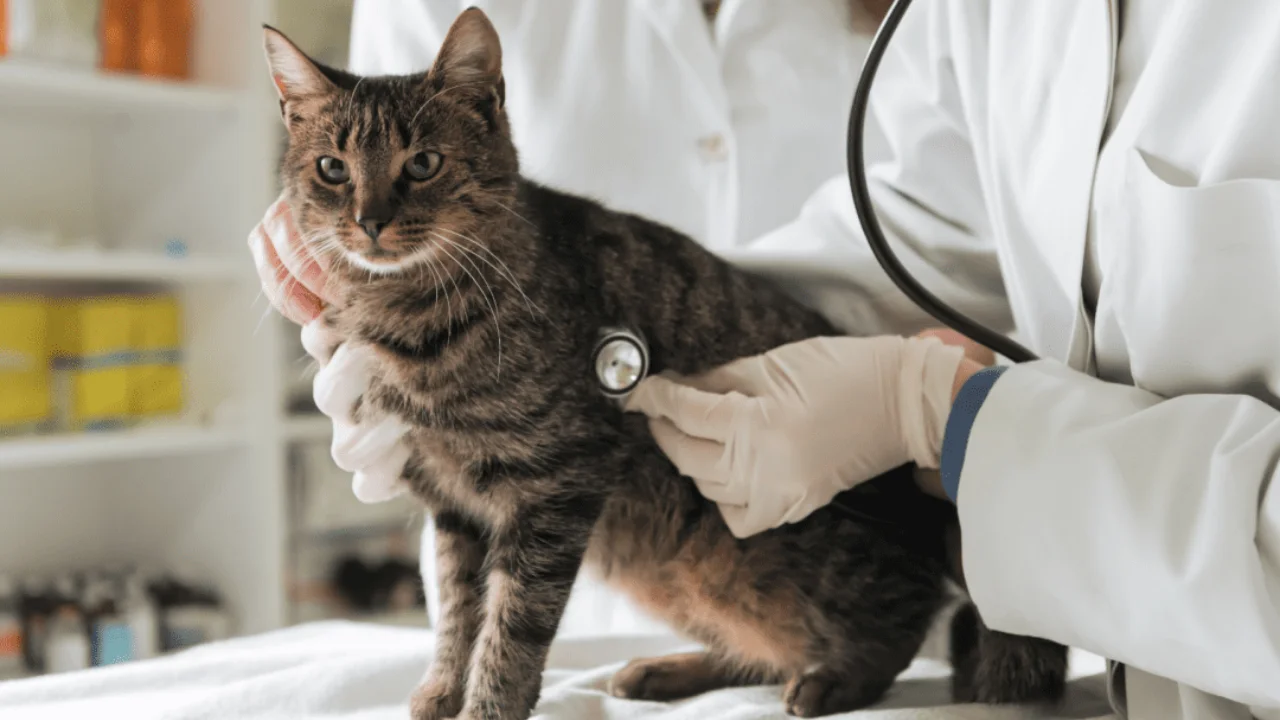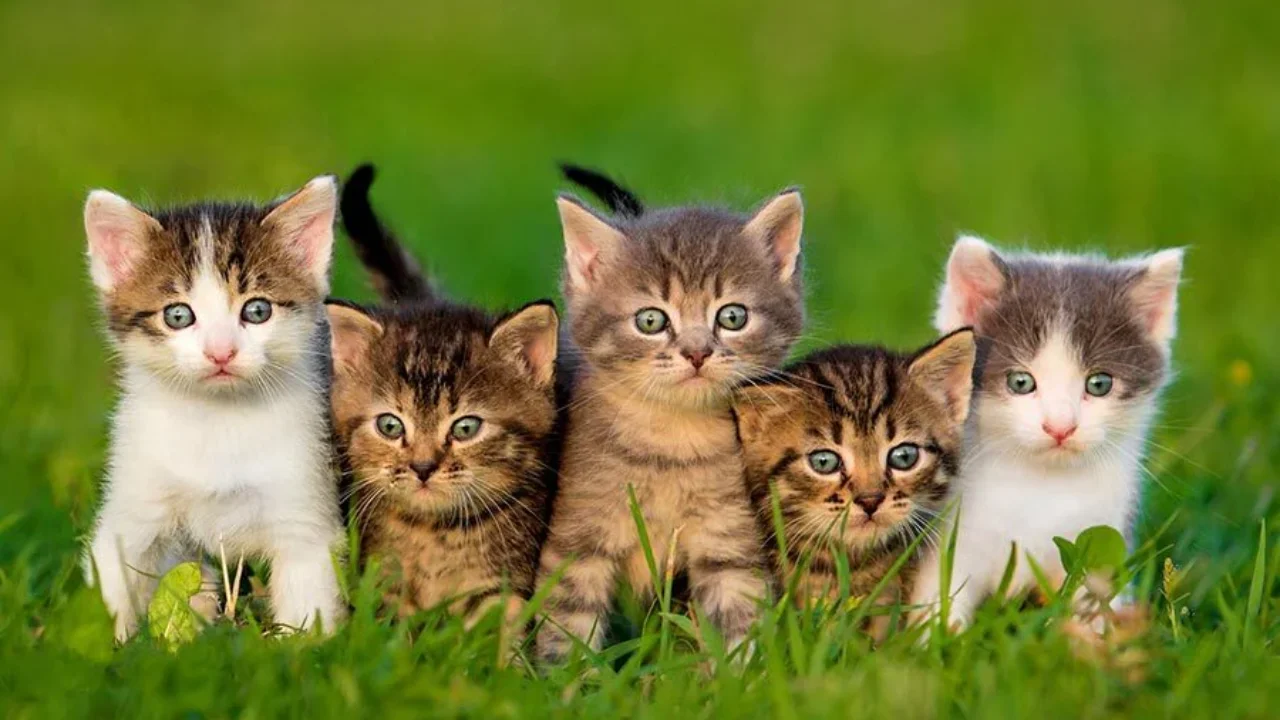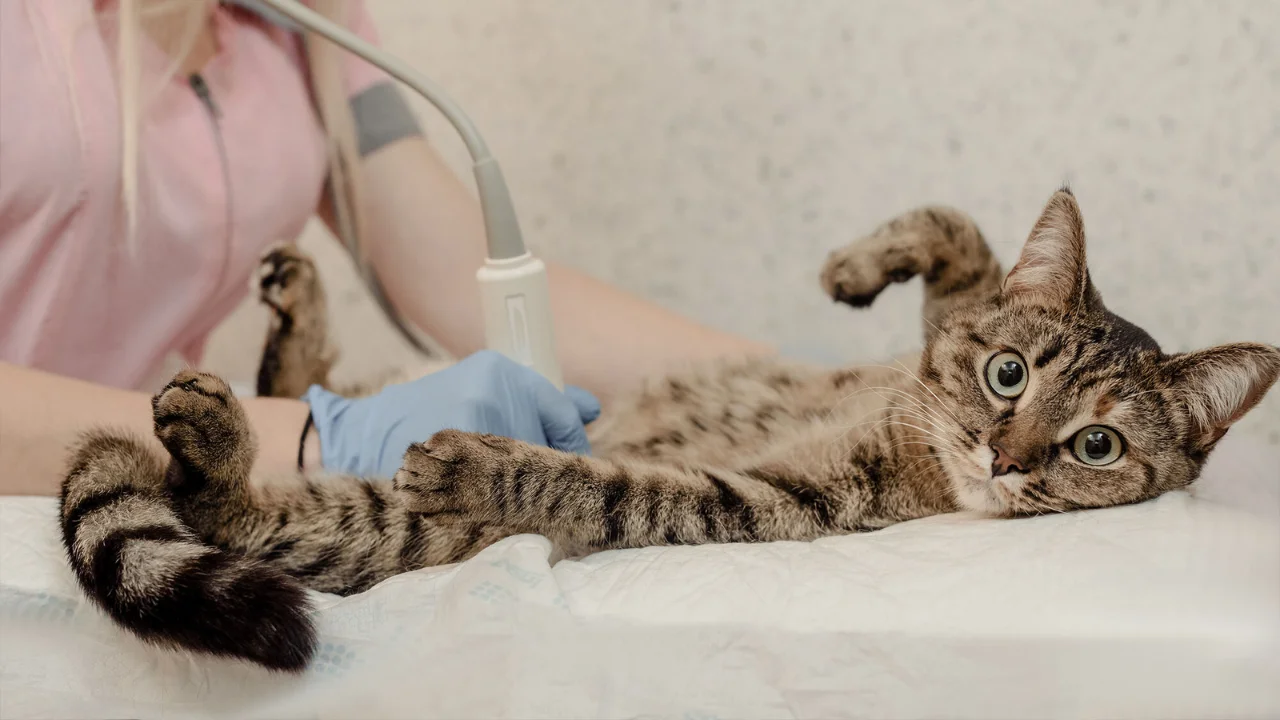
From windowsill naps to agile zoomies, small domestic cats bring big charm in petite packages. These feline companions are ideal for apartment living, first-time pet owners, and families seeking manageable yet affectionate pets.
1. What Is a Small Domestic Cat?
Small domestic cats are adult cats weighing under 10 pounds and standing around 7–10 inches tall. Unlike wild small cat species, these are domesticated breeds adapted for indoor living.
They vary in personality, coat type, and activity levels but are universally known for being compact and easy to manage.
2. Benefits of Owning a Small Cat
- Perfect for apartments: Require less space than larger breeds.
- Easier grooming and lifting: Great for seniors or kids.
- Lower food and litter costs: Less intake means budget-friendly.
- Adaptable personalities: Most small cats are social and intelligent.
3. Best Small Domestic Cat Breeds
Here are some of the most popular and lovable small domestic cat breeds:
- Singapura: One of the tiniest, weighing just 4–8 pounds. Very affectionate.
- Devon Rex: Playful, intelligent, and under 8 pounds. Known for large ears.
- Cornish Rex: Light, agile, and curly-coated with endless energy.
- Munchkin: Famous for short legs and kitten-like personality.
- American Curl: Known for curled ears and sociable nature.
- Oriental Shorthair: Slim, sleek, and under 10 pounds.
- Balinese: A vocal, loving breed with long silky fur.
- Domestic Shorthair (DSH): Not a breed but a category of mixed cats often under 10 pounds.
4. Temperament & Personality Traits
Small domestic cats can be:
- Extremely affectionate (Singapura, Balinese)
- Intelligent and curious (Devon Rex, Oriental Shorthair)
- Playful and energetic (Cornish Rex, Munchkin)
- Gentle and calm (American Curl, DSH)
Always consider your lifestyle when choosing—some small cats thrive on attention while others enjoy independence.
5. Health & Grooming Needs
Most small cat breeds are low-maintenance but need regular grooming depending on coat type:
- Short-haired breeds: Weekly brushing (DSH, Singapura)
- Curly or fine coats: Twice-weekly grooming (Cornish/Devon Rex)
- Long-haired breeds: Daily brushing (Balinese)
Common health issues:
- Dental problems
- Hereditary conditions (especially in purebreds)
- Obesity (due to smaller frames, portion control is essential)
6. Feeding Guidelines
Feeding should be weight-based:
- 200–250 calories/day for a 7–10 lb cat
- Prioritize protein-rich diets
- Consider age-specific food (kitten, adult, senior)
Tip: Avoid overfeeding—small cats gain weight quickly.
7. Living Space & Enrichment
Even small cats need stimulation and vertical space:
- Cat trees and shelves for climbing
- Interactive toys
- Window perches
- Scratching posts
They thrive in cozy spaces but need daily mental and physical activity.
8. Are Small Cats Good for Kids and Seniors?
Yes! Most small domestic cats are:
- Gentle enough for elderly caretakers
- Playful with children (with supervision)
- Easier to manage physically and emotionally
Breeds like the American Curl and Singapura are especially known for their friendly disposition.
9. FAQs
10. Conclusion & Further Reading
If you’re looking for a petite, affectionate, and adaptable feline friend, a small domestic cat might be the perfect choice. These cats fit seamlessly into modern lifestyles and reward their owners with love, fun, and companionship.
Disclaimer: Always consult a veterinarian when selecting a breed or planning a cat’s diet and care routine.


